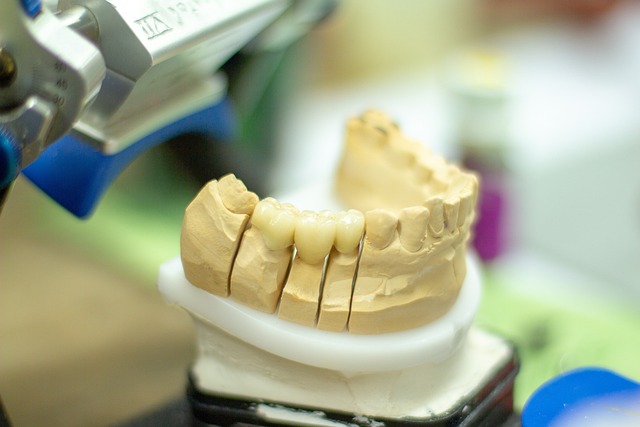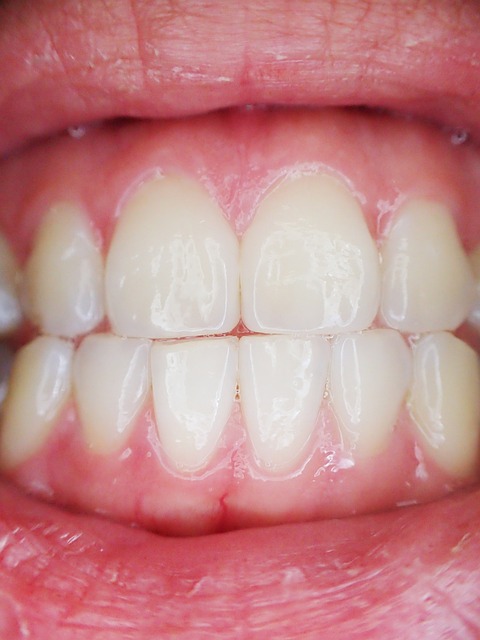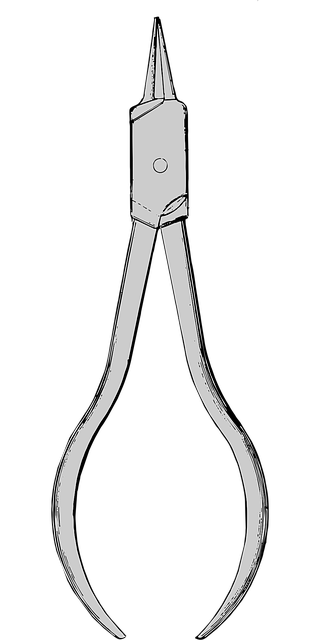In Eugene, Oregon, wisdom teeth extraction addresses discomfort, infection, and damage caused by impacted third molars. The procedure involves gum incision and careful tooth removal under local anesthesia. Optimal post-op care includes managing swelling, following dietary instructions, avoiding strenuous activity, and maintaining good oral hygiene. Strict adherence to surgeon guidance for rest, pain management, mouth rinses, and food choices ensures faster healing and reduces risk of complications after wisdom teeth removal.
“Looking for comprehensive oral surgery care in Eugene, Oregon? This guide provides an in-depth look at wisdom teeth extraction, a common procedure in the region. From understanding the process and what to expect during recovery to managing pain and swelling, we cover it all. Additionally, discover the long-term health benefits of oral surgery procedures. Whether you’re considering wisdom teeth removal or exploring other options, this article offers valuable insights for Eugene residents.”
- Understanding Wisdom Teeth Extraction in Eugene
- The Oral Surgery Process: What to Expect
- Post-Operative Care and Recovery Tips
- Managing Pain and Swelling After Surgery
- Long-Term Health Benefits of Oral Surgery
Understanding Wisdom Teeth Extraction in Eugene

In Eugene, Oregon, wisdom teeth extraction is a common oral surgery procedure. Also known as third molars, wisdom teeth often become impacted or partially erupted, leading to discomfort, infection, and damage to nearby teeth. During a wisdom teeth extraction, an oral surgeon gently removes these teeth to prevent further complications. This routine yet precise procedure involves numbing the area, making a small incision in the gum tissue, and carefully extracting the tooth.
Post-operative care after wisdom teeth removal is crucial for optimal recovery. Patients typically experience mild swelling and discomfort, which can be managed with ice packs and over-the-counter pain medications. It’s important to follow the surgeon’s instructions regarding diet, avoiding strenuous activity, and maintaining good oral hygiene around the extraction site to ensure a smooth healing process.
The Oral Surgery Process: What to Expect

When you visit an oral surgeon in Eugene, Oregon for wisdom teeth removal or other complex procedures, here’s what to expect during the process and recovery period. The first step is a detailed consultation where your surgeon will assess your dental health, discuss potential risks and benefits of the surgery, and answer any questions you may have. This is crucial for setting expectations and ensuring you’re well-prepared for what lies ahead.
During the actual procedure, local anesthesia is typically used to numb the area around the wisdom teeth or the entire mouth, depending on the complexity. For wisdom teeth removal, your surgeon will make small incisions in your gums to access and extract the teeth. Post-surgery, you may experience swelling, discomfort, and bleeding—all normal parts of the healing process. Your oral surgeon will provide specific care instructions for managing pain, cleaning your mouth, and recognizing signs of potential complications, ensuring a smoother recovery.
Post-Operative Care and Recovery Tips

After your oral surgery procedure, whether it’s for wisdom teeth extraction or another type of oral intervention, proper post-operative care is essential for a successful recovery. It’s crucial to adhere to your surgeon’s instructions regarding rest and hydration. This usually involves getting plenty of sleep and drinking plenty of fluids to aid healing and reduce discomfort.
Over-the-counter pain relievers can be taken as directed to manage any temporary soreness or swelling, but avoid using straws for drinking as this can dislodge the blood clot that forms in the extracted socket, leading to potential complications. Soft foods and cool treats are recommended during the initial recovery period, and gradually, you can reintroduce solid foods as comfort allows. Regular mouth rinses with a prescribed solution help maintain cleanliness in the extraction site, reducing the risk of infection. Always follow your oral surgeon’s specific guidance for post-op care to ensure the best possible outcome for your surgery site, especially when dealing with sensitive wisdom teeth extractions.
Managing Pain and Swelling After Surgery

After oral surgery, managing pain and swelling is a crucial part of the recovery process, especially following procedures like wisdom teeth removal. It’s common to experience discomfort and some level of swelling in the initial days post-surgery, but there are ways to alleviate these symptoms effectively. Patients are typically advised to use ice packs or cold compresses on the outside of their cheek near the surgical site for the first 24 hours, which can help reduce swelling and numb any pain. Over-the-counter pain relievers like ibuprofen or acetaminophen can also be taken as directed by your oral surgeon to manage discomfort.
It’s important to follow post-operative instructions carefully, such as avoiding strenuous activities, maintaining a soft diet, and keeping the surgical site clean. Refraining from smoking and limiting alcohol consumption will aid in faster healing and reduce swelling. Patients should monitor their symptoms closely and contact their oral surgeon if pain or swelling worsens or persists beyond a few days, as this could indicate a complication that requires prompt attention.
Long-Term Health Benefits of Oral Surgery

Oral surgery, such as the removal of wisdom teeth, offers more than just immediate relief from pain or infection. In the long term, it contributes to overall oral health and systemic well-being. By addressing issues like impacted wisdom teeth, which can lead to cysts, infections, or damage to adjacent teeth, patients prevent potential complications that could affect their quality of life.
Regular follow-up care after oral surgery is crucial for maintaining these long-term benefits. It ensures proper healing and helps identify any signs of complication early on. Additionally, maintaining good oral hygiene post-surgery becomes even more vital, as it prevents further issues like dry socket or bone loss, promoting a healthier mouth and reducing the risk of future surgical interventions.






